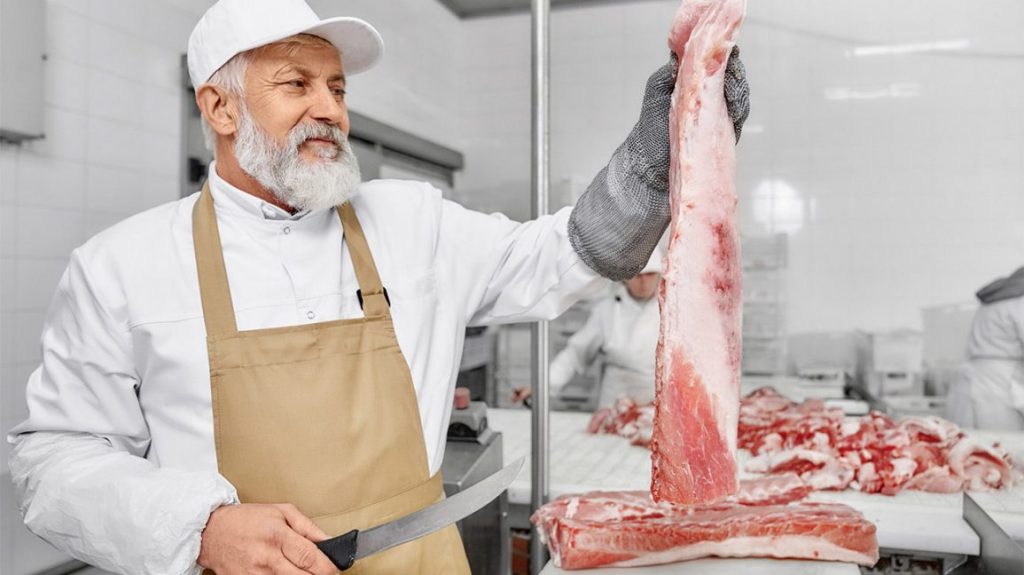Red meat is frequently misrepresented as being unhealthy. Someone in the media has criticized chicken as also being unhealthy or unfriendly to the environment. As healthier alternatives, vegan, seafood, and other non-meat diets have been recommended. As a result of the barrage of negative meat advertising, many people, especially parents, have substantially reduced their poultry and meat purchases.
Although perceptions might be viewed as reality, truth always triumphs over lies. Parents and many other consumers desire the best for their own and their families health. Here are cleaned up myths about Red unveiled on meat wholesalers Melbourne:
Facts about red meat
- “To equal the iron concentration inside a steak, you’d have to consume a vast amount of spinach,” explains Christopher Golden, an ecologist, and epidemiology at Harvard University, Massachusetts.
- Now let’s get specific. To get the recommended daily iron consumption of 18 milligrams, a lady would only require 300 grams of boiled bovine liver, 625 grams of cooked meat, or an incredible 2.4 kilograms of spinach!
- In addition, iron in vegetables is more difficult to absorb than iron in meat because it is bound to fiber, which prevents it from being absorbed.

Meat for improving brain health
- According to Dr. Charlotte Neumann, a pediatric at the California University, lack of nutrients in meat has been related to low IQ, autism, despair, and dementia, as cited according to the above article.
- Meat contains zinc, which is essential for memory and learning.
- Meat contains vitamin B12, which helps to maintain the sheaths that shield nerves.
Eating meat improves body immune system
Zinc is involved in creating antibodies to fight free radicals that raise our risk of chronic
disease due to its antioxidant properties.
Meat Powers muscle growth
- Meat protein aids in the development and repair of body tissues.
- Protein is the main component of muscles. It’s why athletes who have been trying to gain muscle mass increase their meat protein intake.
- Meat contains protein and zinc, which are essential for muscle repair and growth.
Meat is among souces of protein
Meat provides all nine essential amino acids, which your body cannot produce on its own. Histidine, quinoline, isoleucine, lycine, homocysteine, phenylalanine, serotonin, alanine, and valine are important amino acids. All nine are fueled by meat. It is for this reason that it is referred to as a complete protein.
Meat is good for hearts well-being
1) Meat is high in B vitamins, necessary for the formation of hormones, red blood cells, and optimal neurological system function.
2) Niacin, vitamin D, thiamine, dopamine, pantothenic acid, vitamin B12, and B6 are all good to know. All of them are contained in meat. So, let’s dispel those harmful meat health beliefs by correcting the record. Go to meat wholesalers Melbourne website for more information.

